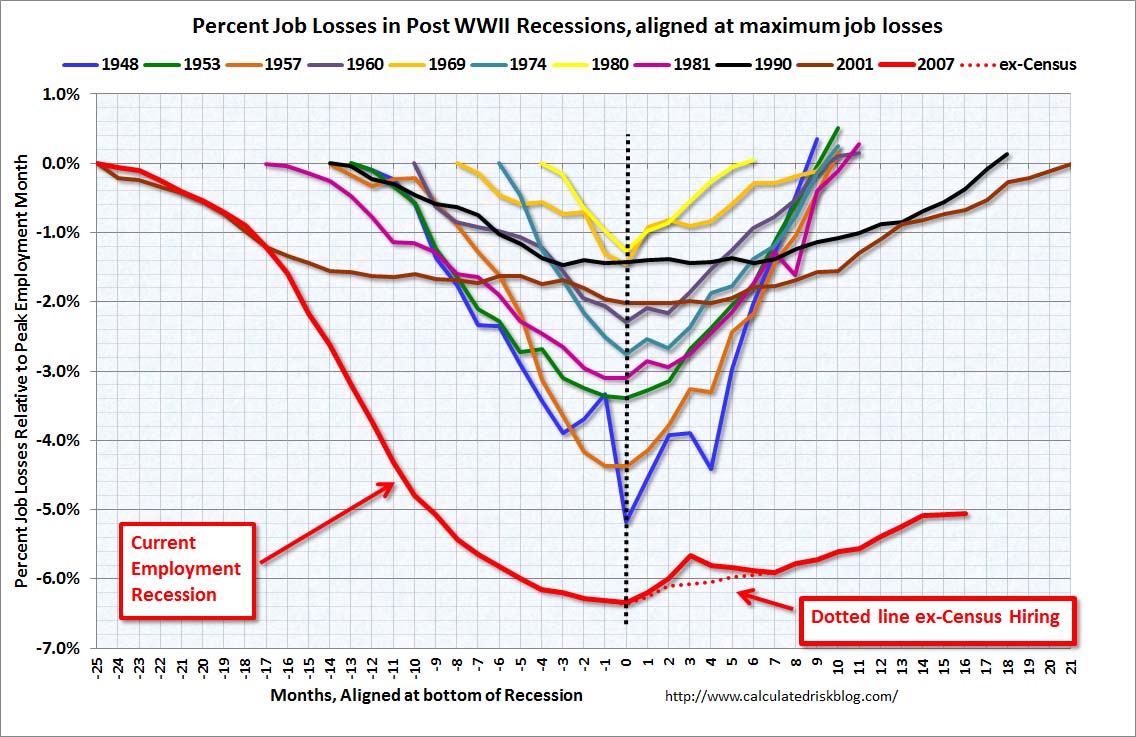Make that industries:
So starting as a presidential candidate, Obama has:
Called for bankrupting the coal industry.
Raised gas prices by forcing domestic production to a crawl.
Demonized bankers and automatic teller machines.
Went to war against Fox News, talk radio, and Twitter user Kevin Eder.
Alienated Wall Street, which backed him in 2008 — and will probably do so again.
Nationalized the car industry.
Forced Chrysler to terminate 25 percent of its auto dealers.
Demonized Las Vegas.
Alinskyized the Chamber of Commerce.
Blocked Boeing from expanding into a Right to Work State.
Is busy transforming the insurance industry into the equivalent of quasi-government utilities.
Created an uncertain (to say the least) regulatory environment, making new hiring a challenging proposition.
And is now Alisnkyizing private planes, despite having temporary custody of the greatest “private” plane of all.
As Doug Ross wrote last fall, “Unlike Tricky Dick Nixon, Obama Wears His Enemies List On His Sleeve.”
And yet, when only 18000 jobs were created last month, and unemployment is at 9.2%, it’s “unexpectedly.”
[Update a couple minutes later]
See?
U.S. employers added 18,000 workers in June, the fewest in nine months, and the unemployment rate unexpectedly climbed, indicating a struggling labor market.
Emphasis mine.
[Update a few minutes later]
Economic calamity:
…Keynesian economics is a total fail. Fred Barnes quoted FDR Treasury Secretary this morning in the WSJ:
“In FDR’s time, a surge in spending by Washington was a cornerstone of New Deal efforts to lift the country out of the Depression. But unemployment never dropped below 14% in the 1930s and rose to 19% by the end of the decade. “Now, gentlemen, we have tried spending,” Henry Morgenthau, FDR’s Treasury secretary, confessed to House leaders in 1939. “We are spending more than we have ever spent before and it does not work.”
Combine that with James Pethokoukis column yesterday that lays out exactly how dire the future budgeting and debt of the US is and you have an actual, not manufactured, crisis that needs to get resolved today.
This isn’t rocket science. But it does require the progressive wing to give up their reliance on economic theory that only works in a textbook. Economics is a social science and a study of human behavior. Keynes postulated a theory and we have numerous empirical examples of that theory failing miserably. How long will it take?
Einstein said the theory of insanity is doing the same thing over and over again, and expecting different results. There, my friends, is the core principle of Democratic policy. Insanity.
Frighteningly, almost half the electorate shares their affliction.
:

